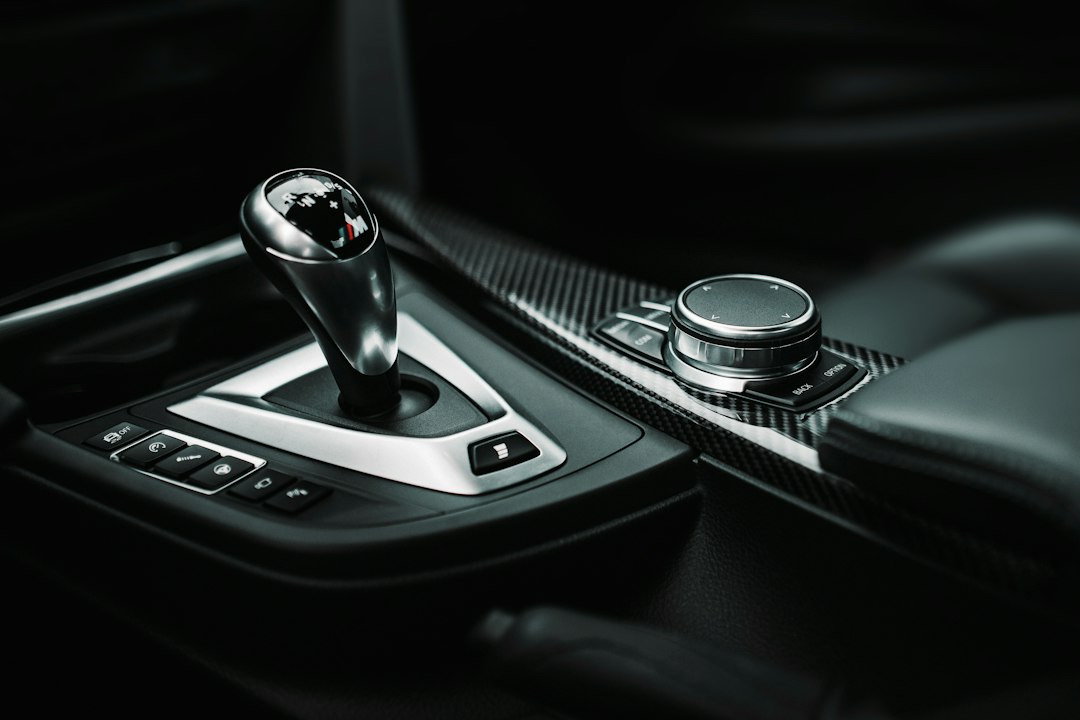The Pros and Cons of Buying a New versus Used Car
When it comes to choosing a car, one of the biggest decisions you’ll have to make is whether to buy new or used. Each option has its own set of advantages and disadvantages, and understanding these can help you make an informed decision. In this blog post, we’ll explore the pros and cons of buying a new versus used car.
Price is often the first factor people consider when deciding between a new and used car. Used cars are generally less expensive than new ones, making them an attractive option for budget-conscious buyers. By buying used, you can save a significant amount of money upfront and potentially avoid depreciation, which occurs rapidly within the first few years of owning a new car.
Another advantage of buying a used car is the lower registration fees and insurance premiums. As the value of a vehicle depreciates over time, so does the cost to insure it. This can result in substantial savings on both registration and insurance costs, freeing up more money in your budget for other expenses.
Additionally, used cars typically have lower sales tax than new cars. When purchasing a new vehicle, you’re required to pay sales tax on the full purchase price. Meanwhile, with a used car, the sales tax is based on the vehicle’s current market value, which is generally lower than its original purchase price.
One of the major drawbacks of buying a used car is the uncertainty surrounding its condition and history. Even with a detailed inspection, there may be hidden issues that could lead to expensive repairs down the line. However, you can counter this risk by requesting a vehicle history report and having the car inspected by a trusted mechanic before making a purchase.
On the other hand, opting for a new car ensures you’ll be the first owner, meaning you won’t inherit any potential maintenance or repair problems. New cars also come with warranties that offer protection against defects and certain repairs for a set period of time. This can provide peace of mind knowing that you won’t be financially burdened by unforeseen mechanical failures when you first start driving your new car.
In terms of technology and features, new cars usually have the latest advancements, offering improved safety, entertainment, and convenience features. From advanced driver-assistance systems to state-of-the-art infotainment systems, new cars are constantly evolving to meet the demands and desires of modern consumers. Additionally, new cars often have better fuel efficiency due to advancements in engine technology, which can save you money on fuel costs in the long run.
However, the extra features and benefits of a new car come at a higher price. New cars are generally more expensive than their used counterparts, as you’re paying for the latest technology and the peace of mind that comes with owning a brand-new vehicle. If you’re looking to keep your monthly payments low or save money upfront, a used car may be a more suitable option for you.
Depreciation is another important factor to consider. New cars lose a significant portion of their value as soon as they’re driven off the lot. Over the first few years of ownership, depreciation continues to be considerable, resulting in a decreased resale value. On the other hand, used cars already experienced the initial depreciation hit, allowing you to potentially sell them with less of a loss in value.
Ultimately, the decision boils down to your personal preferences, financial situation, and individual needs. If you’re on a tight budget, a used car can offer greater affordability, lower insurance costs, and savings on taxes. However, if you value the latest technology, want the peace of mind that comes with a new car and are willing to pay a higher price, buying new might be the right choice for you.
In conclusion, both new and used cars have their own distinct advantages and disadvantages. By carefully considering factors such as price, condition, features, and depreciation, you can make an informed decision that aligns with your needs and preferences. It’s crucial to weigh both sides and consider your financial situation before making the final call. Remember, whether you choose new or used, taking your time to research and thoroughly evaluate your options will help ensure you make the best decision possible.

